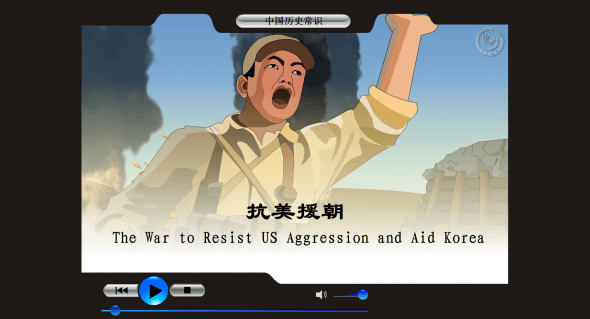The 10-year-old Confucius Institute at Sweden’s Stockholm University is slated to be closed down this June, according to a statement by the university on Dec. 20. The decision to boot the Beijing-funded Chinese language program comes amid increasing international concern regarding the hiring practices of and content taught by the Institutes, which must toe the Chinese Communist Party’s ideological line.
Astrid Söderbergh Widding, vice-chancellor of Stockholm University, told the Swedish newspaper Dagens Nyheter that the local Confucius Institute, set up in 2005, had outlived its usefulness in light of progress made by the university in independently establishing links to China since then. She also mentioned the need for financial autonomy.
“Generally it is questionable to have, within the framework of the university, institutes that are financed by another country,” Widding said.




